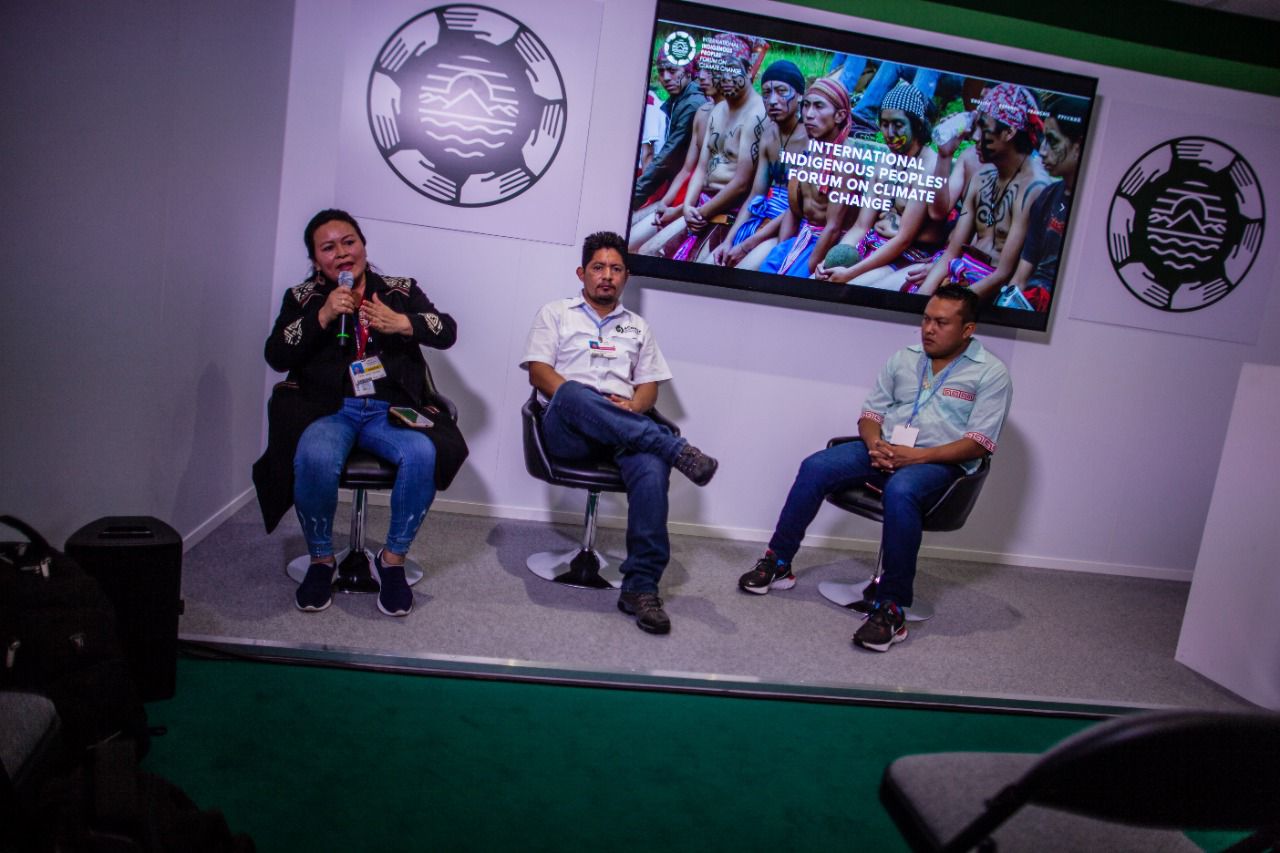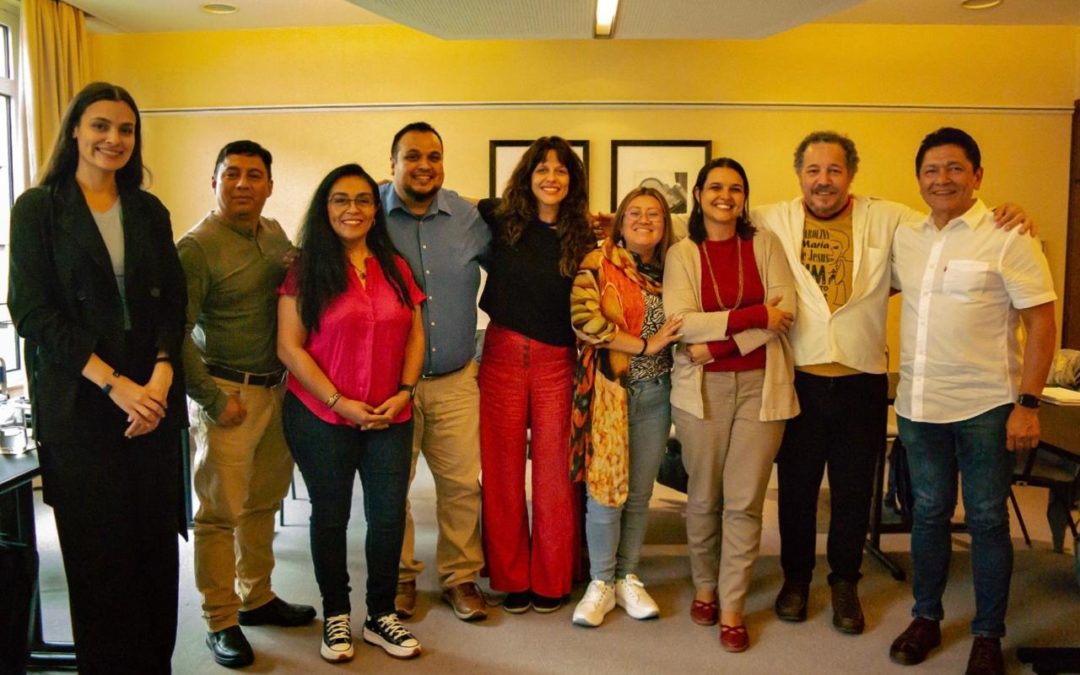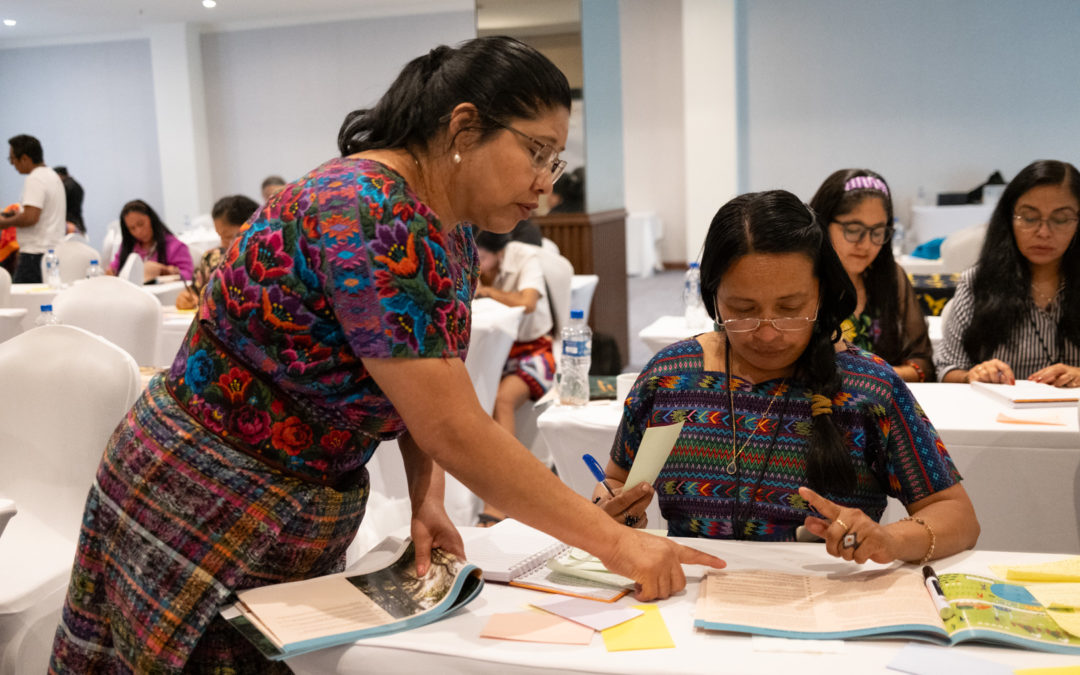Modern education systems do not necessarily correspond to the ways of life of the communities, creating important gaps between conventional training and traditional ancestral knowledge. The Mesoamerican School of Leadership (EML) presented a novel model of pedagogy and a philosophical-educational approach for communities.
This November 9, at the Indigenous Pavilion of the Blue Zone of COP26, he presented his experience training young community leaders. The event was attended by Manuel Martínez, facilitator of the EML Guatemala team; Tabea Casique, Coordinator of Education, Science and Technology of the Coordinator of Indigenous Organizations of the Amazon Basin (COICA); and Iniquilipi Chiari Lombardo, Head of the Office of Indigenous Peoples of the Ministry of the Environment of Panama.
The Mesoamerican School of Leadership is a school of thought; a space for dialogue, discernment and construction of knowledge of generational change and capacity building within community forestry organizations and the original peoples of Mesoamerica.
It is conceived as an itinerant school, meaning it goes from one country to another, from one reality to another, from experience to experience and from community to community; the communities are the origin, the middle and the end of the process because that is where the current history is and the one that can be changed.
This allows each organization and territory to be responsible for organizing and conducting their respective training processes.
It currently works with 18 territorial organizations from 4 Mesoamerican countries and more than 300 young people participate in the training workshops.
According to the director of the Mesoamerican School, Marcial López, one of the main goals of working with young people today is to develop the local capacity to deal with climate change and strengthen the governance of forest management and defense of biodiversity.
Its objective is to continue expanding in the Mesoamerican region and thus position the indigenous youth voice in the different spaces and levels of incidence.
In Glasgow, Scotland, during COP26, Manuel Martínez, a facilitator of the Guatemala team with extensive experience in facilitating training workshops and in forest management, presented the basics of EML, trajectory and leadership experiences.
“We want to go from individualism to the collective; recover our common home. Youth has the energy to think outside the box, to change the way of doing things; all they lack are the resources to do it. Let’s invest in youth!”
Manuel Martínez, facilitator of the EML
Visit the Mesoamerican Leadership School’s new website and learn more about this model:
Learn more about the School’s work:



